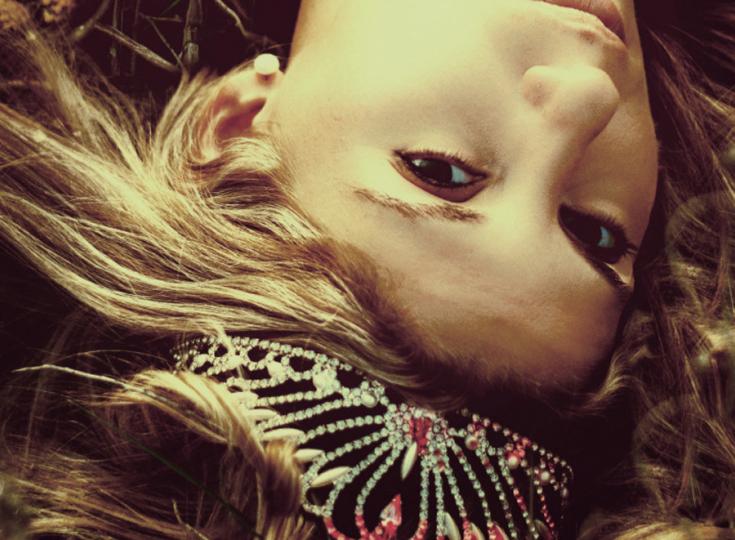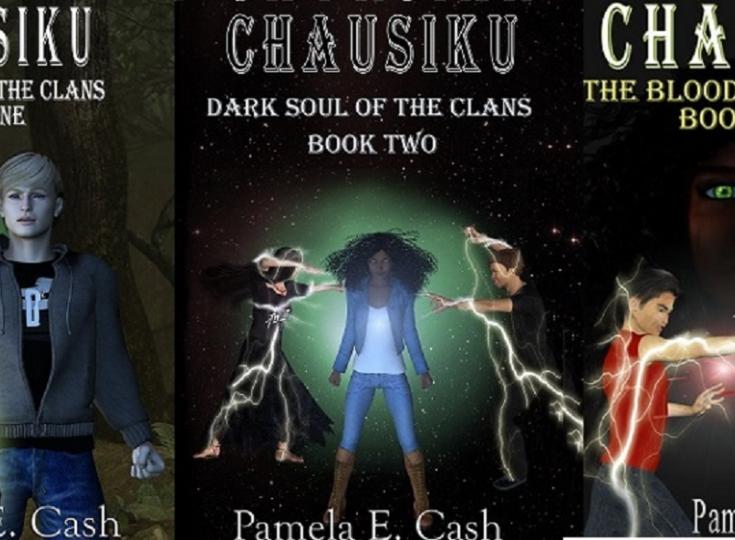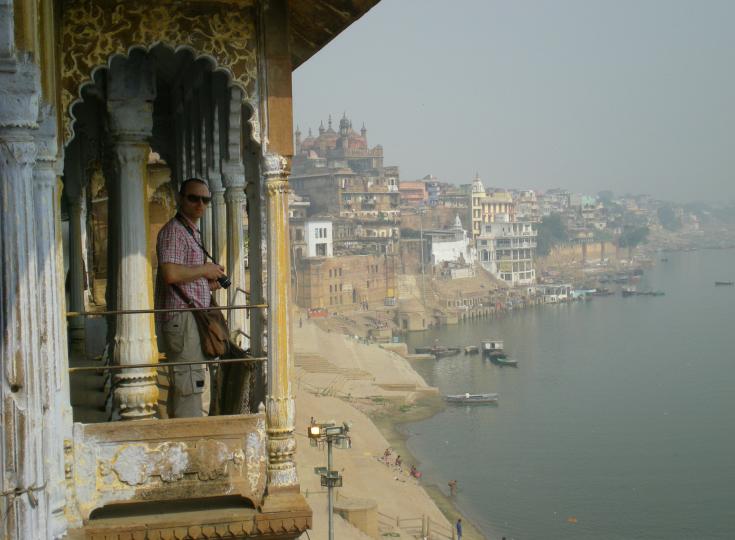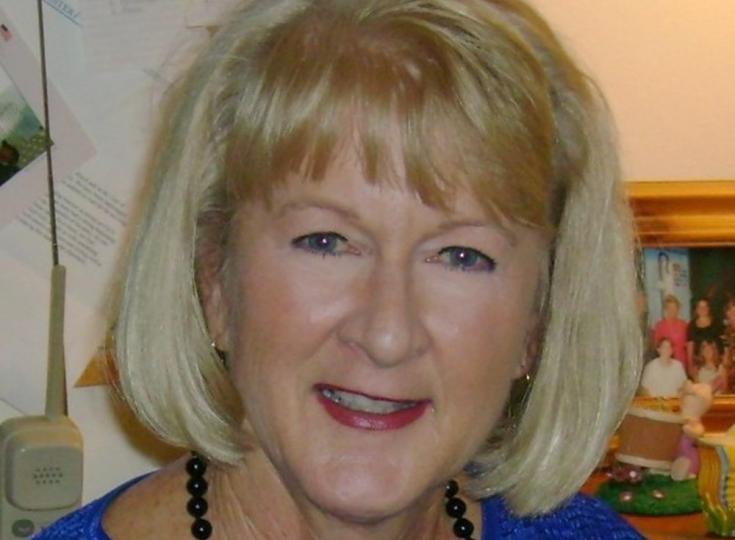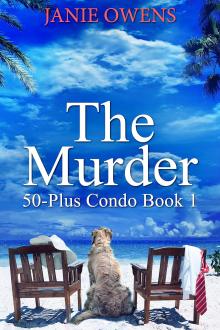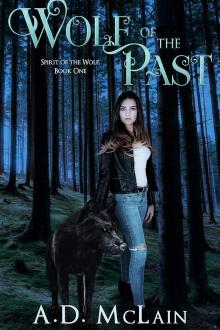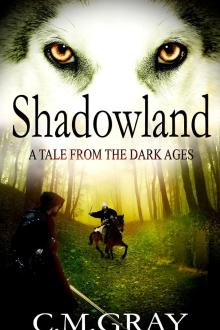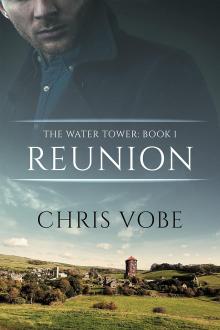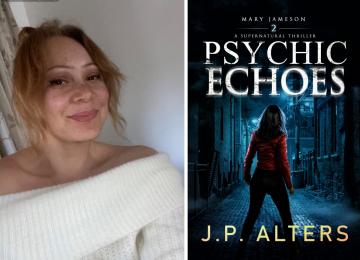Gemma Liviero - A Family Torn Apart by Grief and Secrets
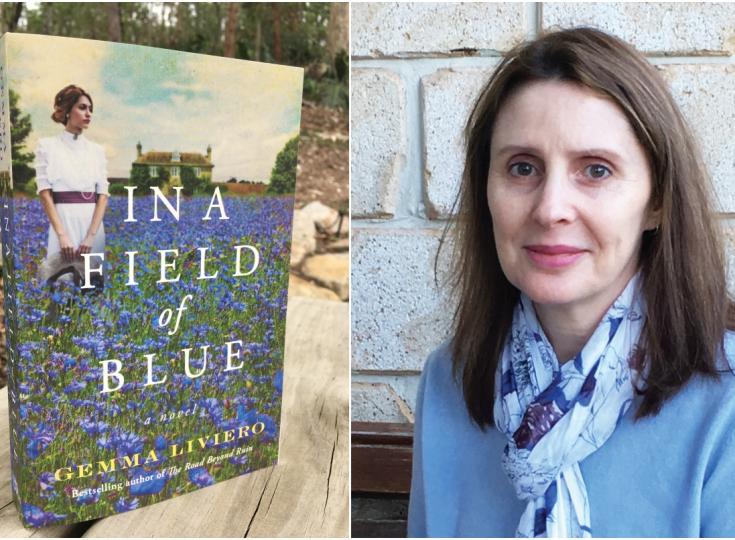
Gemma Liviero is the author of the historical novels The Road Beyond Ruin, Broken Angels, and Pastel Orphans, which was a finalist in the 2015 Next Generation Indie Book Awards. In addition to novel writing, her professional career includes copywriting, corporate writing, writing feature articles and editorials, and editing. She holds an advanced diploma of arts (writing) and has continued her studies in arts and other humanities. Gemma lives with her family in Queensland, Australia. As our Author of the Day, she tells us all about her book, In a Field of Blue.
Please give us a short introduction to what In a Field of Blue is about.
The story is about the loss of a much-loved brother and son, missing in war, and the search for answers. When a young Frenchwoman arrives with news of Edgar four years after the end of WWI, more questions arise about the soldier’s disappearance. His brother, Rudy, sets out on a journey to learn the truth about his final moments on the battlefield. The story deals with love and loss, the bonds that form in family and during war, expectation, duty, and the damaging effects and fallout from war.
What inspired you to write this book?
Learning about the experiences of close family members – including my father and grandfather who both fought in wars – gave me an appreciation of the sacrifices made. Particularly for this book, I wanted to explore how war affected those in the French villages and towns on the frontline in WWI, the impacts, destruction and then repair.
Tell us more about Rudy. What makes him tick?
Rudy is driven by love and grief, and the desire to make life better for those who are close to him. He yearns for the simple life of farming, painting and horse riding but the threat of losing the family home, due to financial problems and the terms of his father’s will, makes this future uncertain. The arrival of the stranger fuels his need for answers about his brother that sets him on an unexpected course.
Why did you pick 1922 England as the backdrop for your story?
I love the English countryside and architecture, and I’ve been keen to write something that shows this. My mother was born in England and I have family there. I also think the Lake District is one of the most beautiful places on the planet.
Besides writing, what other secret skills do you have?
Several years before my writing studies, I completed a fashion design and pattern making course, and designed and made my own clothes, including my wedding dress. I won first prize at one fashion show and made the finals of another. But even while I studied for that particular course, I was writing short stories and entering them in competitions also.
How much research did this book require from you? What was the most interesting aspect of this research?
The research takes up more time than writing the first draft, and as a history lover, this is the most fascinating part. Aside from reading about various events and periods, I visited France several years ago and wandered around the village remains, the battlefield locations, and military cemeteries, and this deeply affected me. I believe that learning about these times gives us context and perspective, and makes us appreciate the life and opportunities many of us have today.
What advice would you give to your younger self?
So much! (Some of which I’m now giving to my young adult children.) I could write several pages but here are the major ones: Focus on the best-case scenario rather than the worst. Don’t waste so much time dwelling on mistakes. Don’t be so distracted or discouraged by opinions. Trust your instincts. Be braver.
Is there something that compels you to write? And do you find that writing helps you achieve clarity about yourself or ideas you've been struggling with?
I can’t remember a time when I wasn’t writing something, whether it was a poem, my feelings in a diary, or a short story. Writing has accompanied every aspect of my life so far. Story ideas were the reason for my insomnia in the early years. It is a release to get things out of my head and onto paper as quickly as possible. And yes, sometimes when I reach for the keyboard, those ideas that were churning away in the back of my mind begin to flow more orderly onto the page.
Are any of the characters in the book based on real people?
The character of Edgar wasn’t based on one person but created from the experiences of those who wrote home from the battlefield, including the letters from my grandfather. War has lifelong effects on some who have served and there are small pieces of my father in this character also.
Which of your characters has been the most challenging to write for?
I had some moments with Rudy, as I wanted his character neither too soft nor heroic. It is oftentimes easier to embellish larger-than-life personalities than to describe the motivations of modest, well-balanced ones, and keeping them interesting at the same time. Laurence's character also required more thought. Having him described by others was easier than climbing inside his head. But I felt it was important to know that, despicable as he was, his flaws were an unfortunate part of his makeup, and not justified by any one thing in particular.
Do you have any interesting writing habits? What is an average writing day like for you?
Occasionally, in the middle of a totally unrelated task, say during a film, while cleaning, or even when I wake in the night, I’ll jot down a thought in a notebook. Though I am sure most authors do the same. I also read conversations out loud to assess whether they sound convincing.
First up, I briefly edit what I’ve written the day before. My writing is often planned with an ending in mind, but I’m constantly going over the plan and looking to revise and improve in certain parts along the way. I regularly ‘consult’ my characters to make sure they are consistent. There’s a lot of thinking time. You may catch me pondering and think that I’m slacking, but usually, I’m reaching deep inside my head for a word or a line or another minor angle. I tend to always write in my office. I’ve tried the coffee shop thing but people are so interesting and I’m constantly distracted.
What are you working on right now?
More European historical fiction in roughly the same period, though the style of this one is completely different. I like to challenge myself and try not to become too set in my ways.
Where can our readers discover more of your work or interact with you?
Readers can contact me through my website, www.gemmaliviero.com. I try to respond quickly but during periods where I’ve been given a tight deadline, it can take a little longer. I thoroughly enjoy connecting with readers.
